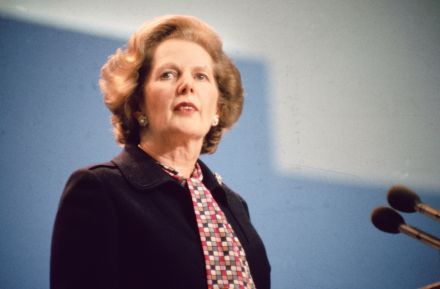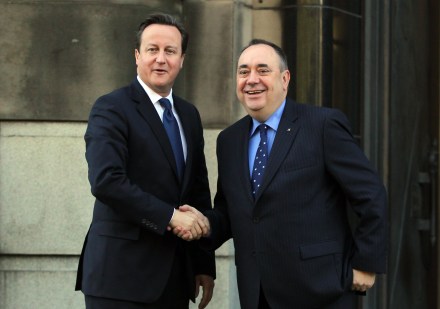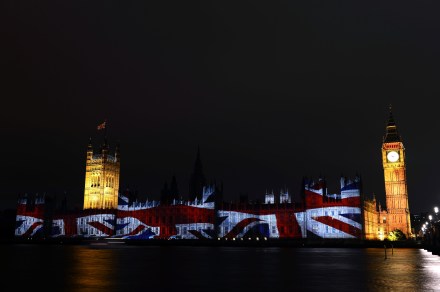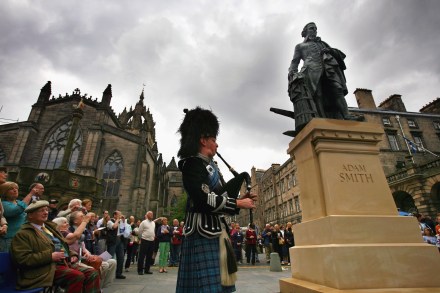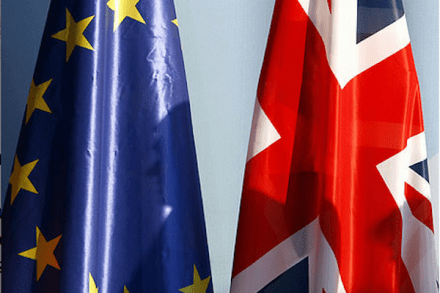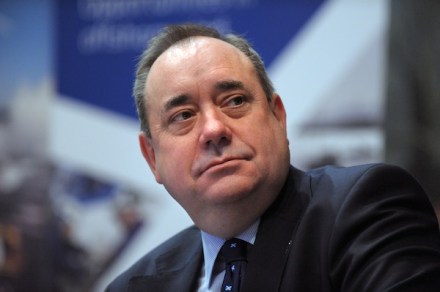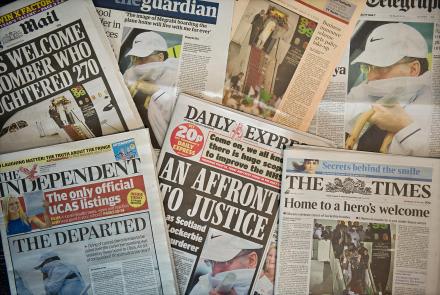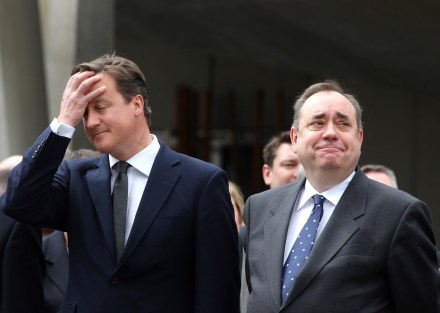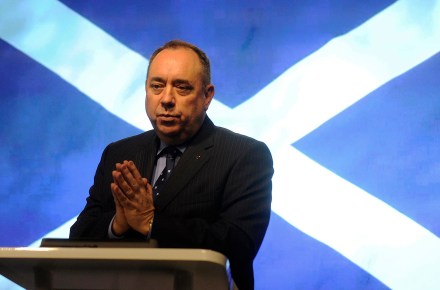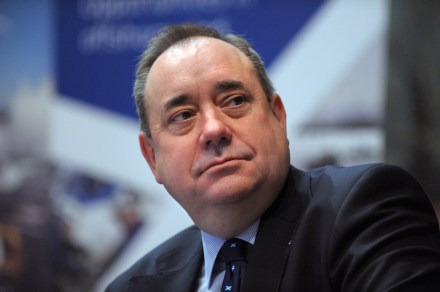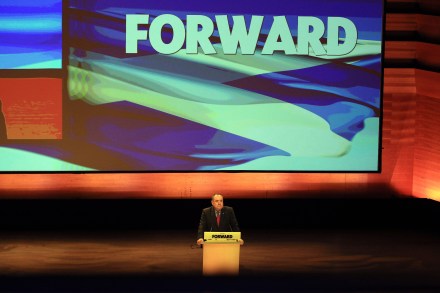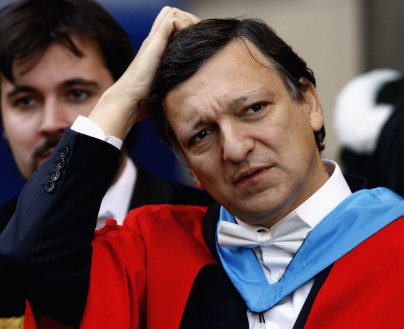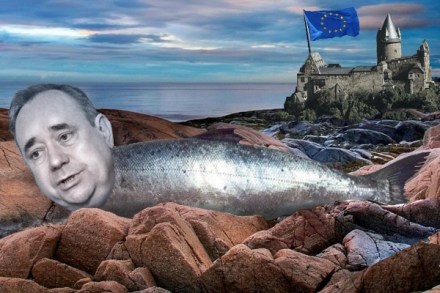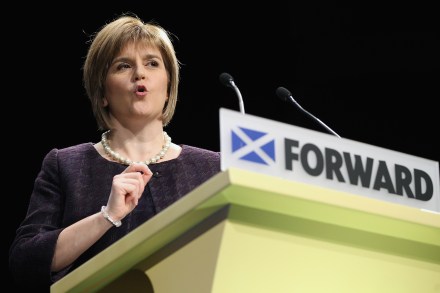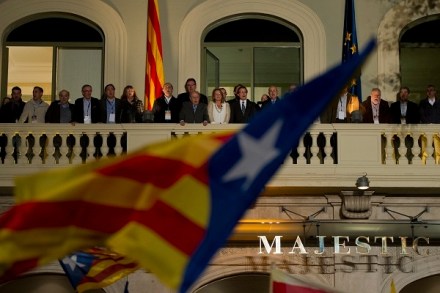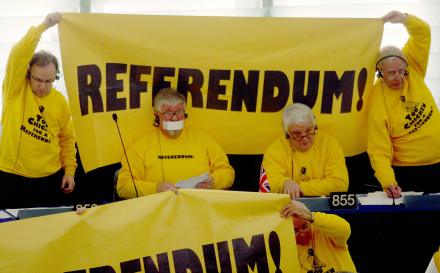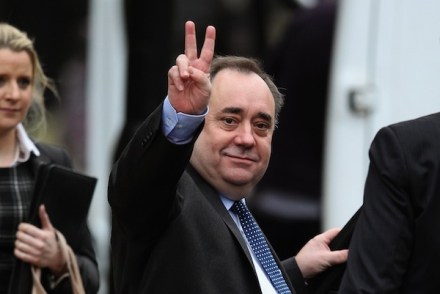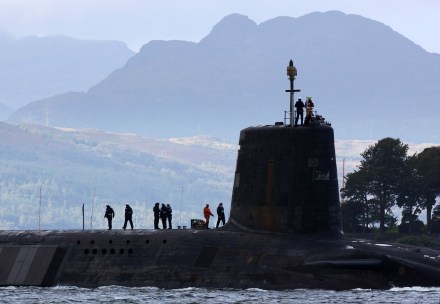Margaret Thatcher and Scotland: A Story of Mutual Incomprehension
There is a poignant passage in Margaret Thatcher’s memoirs during which she contemplates her failure in Scotland. She seemed puzzled by this, noting that, in her view, many of her ideas and principles had at least some Caledonian ancestry. And yet, despite her admiration for David Hume and, especially, Adam Smith, there was no Tartan Thatcherite revolution. Sure, there were some true believers – Teddy Taylor, Michael Forsyth – but Scotland never warmed to the Iron Lady. And she never quite knew or understood why. Two issues, above all, led to her downfall. Europe and the Poll Tax. The former was a Westminster affair and a matter of internal internecine
